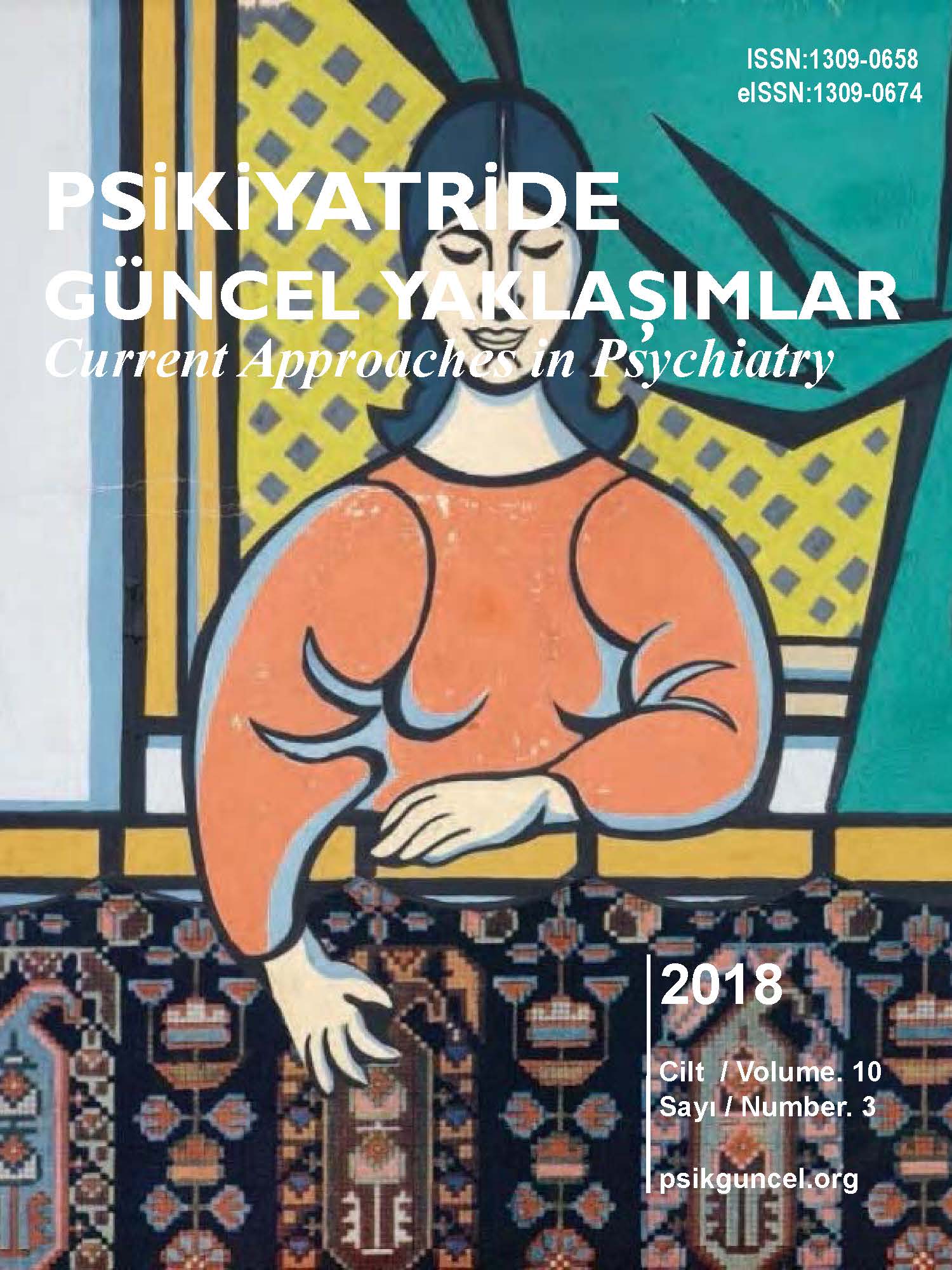Complicated Grief: Epidemiology, Clinical Features, Assessment, and Diagnosis
Complicated Grief: Epidemiology, Clinical Features, Assessment, and Diagnosis
Author(s): Özge EnezSubject(s): Psychology, Clinical psychology
Published by: Çukurova Universitesi Tip Fakultesi Psikiyatri Anabilim Dalı
Keywords: grief; complicated grief; epidemiology; diagnosis; bereavement;
Summary/Abstract: A loss is an adverse external event which a person has no control over and changes one's belief system and cognitions. Normal grief is a normal reaction to loss and refers to the distress resulting from bereavement. However, complicated grief is a syndrome where normal grief is unusually prolonged because of complications in the natural healing process; namely the insufficient integration of a new situation into pre-existing cognitive structures and distorted beliefs during the grieving process. Complicated Grief is a disorder characterised by an inability to accept the death, intense yearning, avoidance, somatic distress, social withdrawal and suicidal ideation and has a distinct cluster of symptoms which can be distinguished from other psychiatric disorders. The aims of this review are to give an overview of abnormal forms of grief reactions and risk factors, to introduce proposed diagnos-tic criteria for complicated grief, to inform about the assessment tools, and to demonstrate the distinction between complicated grief and other psychiatric disorders.
Journal: Psikiyatride Güncel Yaklaşımlar
- Issue Year: 10/2018
- Issue No: 3
- Page Range: 269-279
- Page Count: 11
- Language: English

